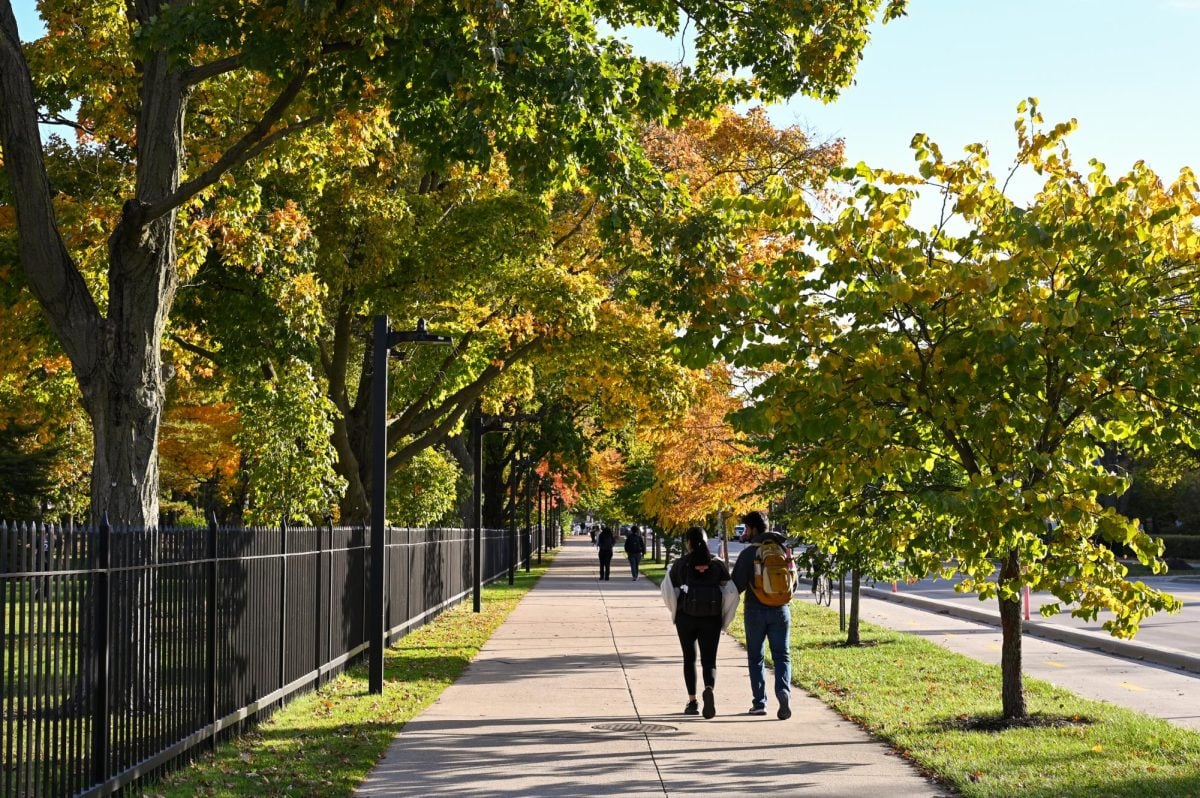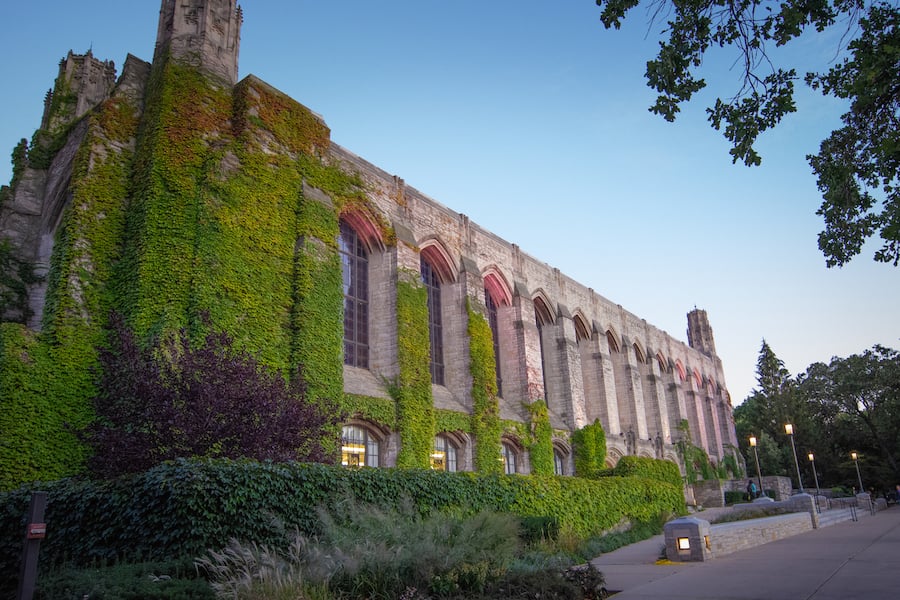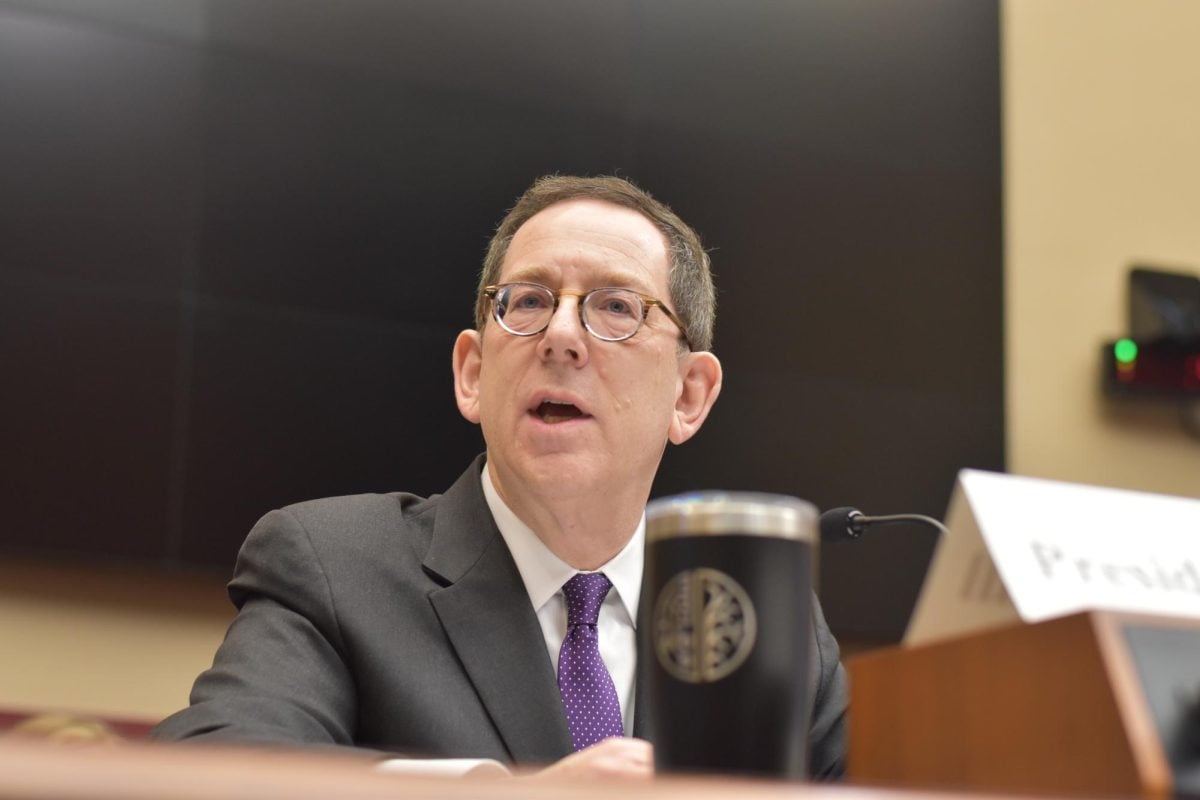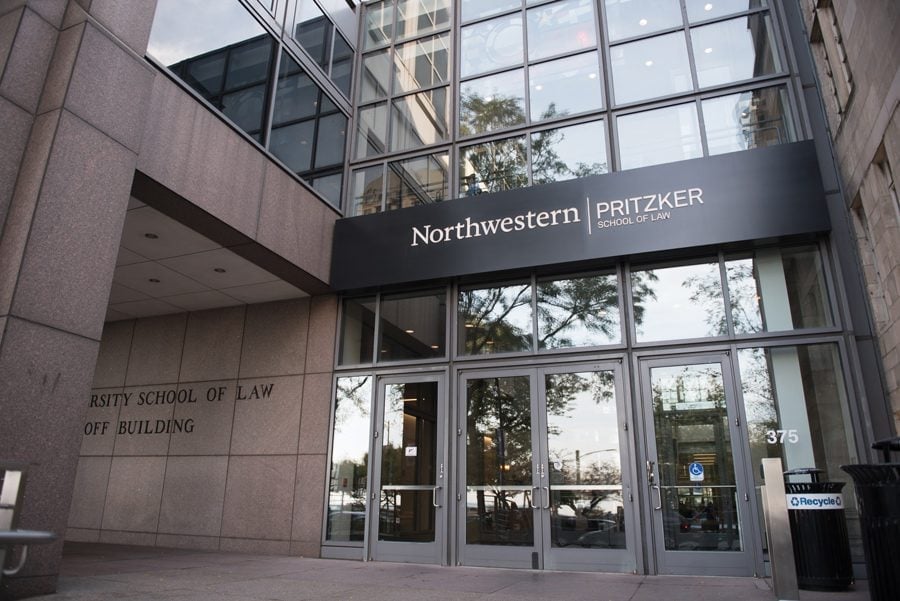Northwestern has hired a new assistant dean of students, whose responsibility will be, in part, to oversee off-campus life.
Betsi Burns, the former assistant director of Athletics for Academic Services and Student Development, began the new position last week. Burns has worked at NU for 14 years, primarily with student athletes.
“I’m very excited to use the skills that I’ve been using (in the athletic department) to help all of our undergraduates have a great experience at Northwestern,” she said.
In her new position, Burns will also work with emotional health and wellness issues and serve as a liaison to the Department of Athletics and Recreation.
Vice President for Student Affairs Bill Banis estimated that about 25 to 35 percent of Burns’ job will involve off-campus students initially, though the position is still evolving, he said.
Burns will collaborate with the Associated Student Government to help develop a website for students who live off campus or are planning to move off campus.
The website will address a wide range of questions students may have, from parking stickers to Evanston ordinances and laws, Howard said.
ASG President Claire Lew said she was looking forward to collaborating with Burns.
“She’s really familiar with the student culture,” the SESP senior said.
Addressing students’ off-campus conduct is challenging in the NU environment, Howard said: students move off campus at different times during their four years, and with no allotted time during the week at which all students are free, scheduling a required meeting is very difficult.
Burns began the job immediately following a weekend of complaints about NU student partying. Dean of Students Burgwell Howard sent an e-mail to the off-campus student listserv Oct. 14, which denounced some students’ actions that “severely damaged the relationship between student-neighbors and year-round neighbors in the areas west of campus, as well as between the city of Evanston and NU.”
Howard acknowledged that students aren’t solely responsible; Evanston residents contribute to conflict as well.
“There are some people in the community who are frustrated and who feel that if a student does something they think is problematic, they need to contact the University as opposed to dealing with the student as a neighbor and doing it directly. I would hope at a local level that we would deal with things person-to-person before involving police or University authorities,” he said.
One of the strengths Burns brings to the new position is her connection to the Evanston community and city officials, Howard said.
An Evanston resident for 11 years, Burns said she has friends who live near students and is aware of off-campus conflict between neighbors and residents.
“We are all a part of this community,” she said. “We are all neighbors, whether we are student residents or long-term residents. All of us are very intelligent human beings who want the best for everybody.”






